Pulses are part of the legume family (plants that grow in pods) and refer specifically to the dried seeds within the pods – beans, lentils, chickpeas and dried peas. These nutrition packed gems confer numerous health benefits, including a healthy heart.
Pulses for Heart Health
Research shows that pulses can reduce your risk of heart disease by lowering bad cholesterol, lowering blood pressure, and helping you attain and maintain a healthy weight.
After reviewing 26 random controlled trials involving over 1000 people, researchers concluded that eating just ½ cup of pulses a day was associated with a 5% reduction in LDL cholesterol. This 5% reduction was in addition to the 5%–10% reduction in LDL cholesterol expected from a heart-healthy diet alone.
Another review of available studies, published in the American Journal of Clinical Nutrition, concluded that eating legumes four times a week lowered the risk of heart disease by 14 percent.
“Dietary pulses at doses of 120–132 g/day (0.5–0.75 cups/day, the equivalent of about one serving/day) have shown meaningful reductions in established cardiometabolic risk factors, including HbA1c, LDL‐C, body weight, and blood pressure . . .”
When it comes to blood pressure, pulses can help there too. An analysis of eight randomized controlled clinical trials found that consuming a cup of legumes every day for 10 weeks resulted in a significant decrease in systolic blood pressure.
In another randomized controlled clinical study of over 100 people with type 2 diabetes, consuming at least one cup of pulses every day for three months was associated with significant decreases in body weight, about 6 pounds. LDL cholesterol was lowered 8 points, and blood pressure went down 4.5 points systolic and 3.1 points diastolic. Pretty impressive for the humble bean!
How to Get Your Serving of Pulses Every Day
Eating at least one serving of pulses each day – about 1/2 cup – can be easy and delicious. Here are some tasty ways to make heart healthy pulses part of your daily diet.
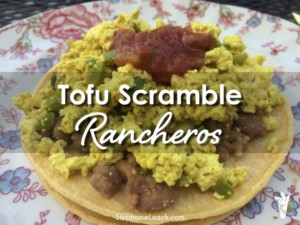 Breakfast
Breakfast
- Pulse Powders – Add some pea protein powder to your morning smoothie.
- Bean + Tofu Scramble – Add some pinto beans or black beans to a tofu scramble for a delicious whole food, plant-based breakfast.
Lunch
- Top Your Salad – Add ½ cup of beans or chickpeas to your salad.
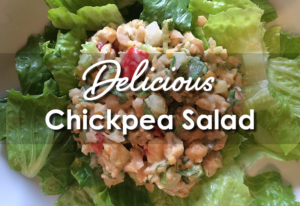
- Top Your Potato – Top a baked sweet potato with black beans and guacamole, or chickpeas and garlic infused tahini.
- Spread it On – Use hummus instead of mayo on your veggie sandwiches or wraps.
- Dip Into It – Enjoy ½ cup of homemade black bean dip (spice it up with chili powder,) white bean dip (try cannelini bean with garlic and rosemary,) or hummus with cut up veggies and baked pita chips.
Dinner
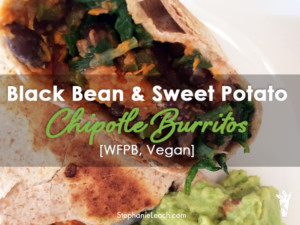 Get Saucy – Did you know white beans can be pureed with seasonings to make a delicious, creamy and satisfying low-fat alfredo-style sauce?
Get Saucy – Did you know white beans can be pureed with seasonings to make a delicious, creamy and satisfying low-fat alfredo-style sauce?- Taco “Meat” – Swap ground beef with lentils for a heart healthy taco filling. Just spice it up the same way you would ground beef.
- Burgers – The internet is full of delicious plant-based bean burger recipes!
- Bowls – Combine a pulse, a grain and a vegetable in a bowl for a complete meal. Try making a burrito bowl or taco bowl with seasoned black beans, pinto beans, rice or quinoa, roasted bell peppers, chopped tomato and guacamole. Or make a lentil bowl with cooked brown lentils, steamed broccoli, a grain and drizzle it with tahini.
- Chilis and Soups – Enjoy a hearty bean chili, or a bean and vegetable soup for superb nutrition. You can also make smoky split pea soups and Indian inspired lentil curries and stews.
Try a New Heart Healthy Pulse
There are so many pulses to enjoy! If you ever get tired of black beans, pinto beans or kidney beans, try some adzuki, cranberry, pink, mung, fava, lima, small red, great northern or blackeye peas. They each have their own unique flavor and texture.
When it comes to lentils, varieties include regular brown lentils, small brown lentils, red lentils, French green lentils and black lentils. Some hold their shape better for salads and toppings, and others are wonderful for creamy curries.
I hope you found this information helpful as you adjust your diet to one that supports heart health. A whole food, plant-based diet is the only way of eating proven to prevent and reverse heart disease.
If you’d like support transitioning to a whole food, plant-based lifestyle, check out the Juicy Plant-Based KickStart Program.

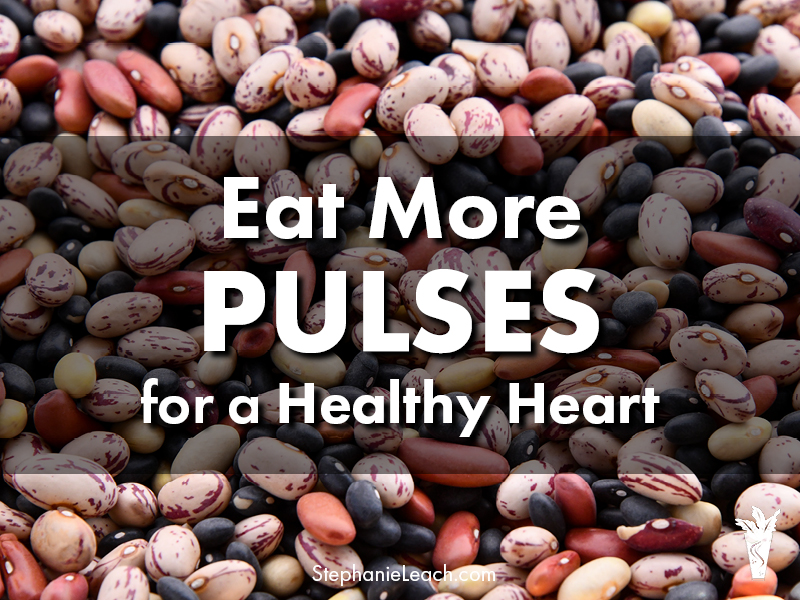
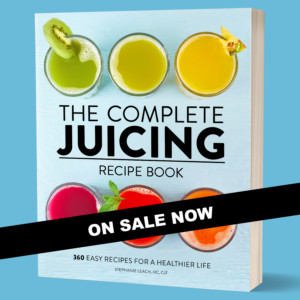

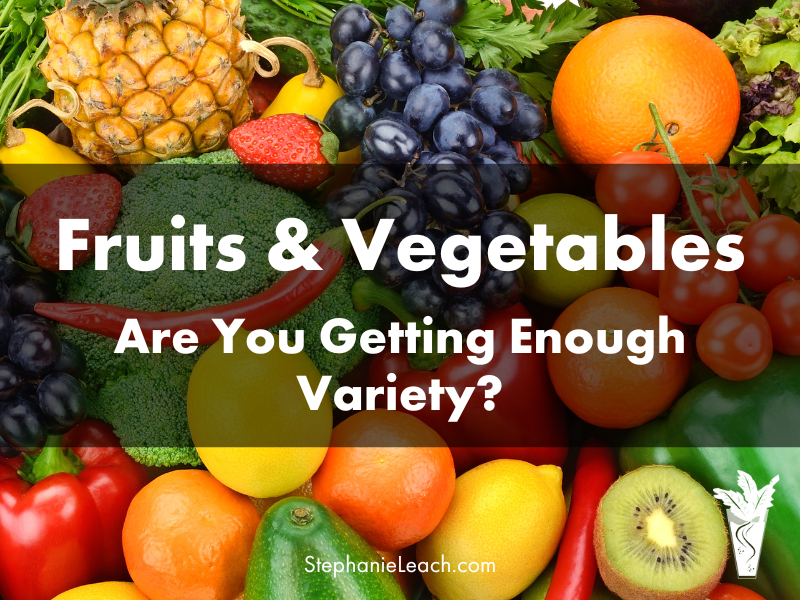
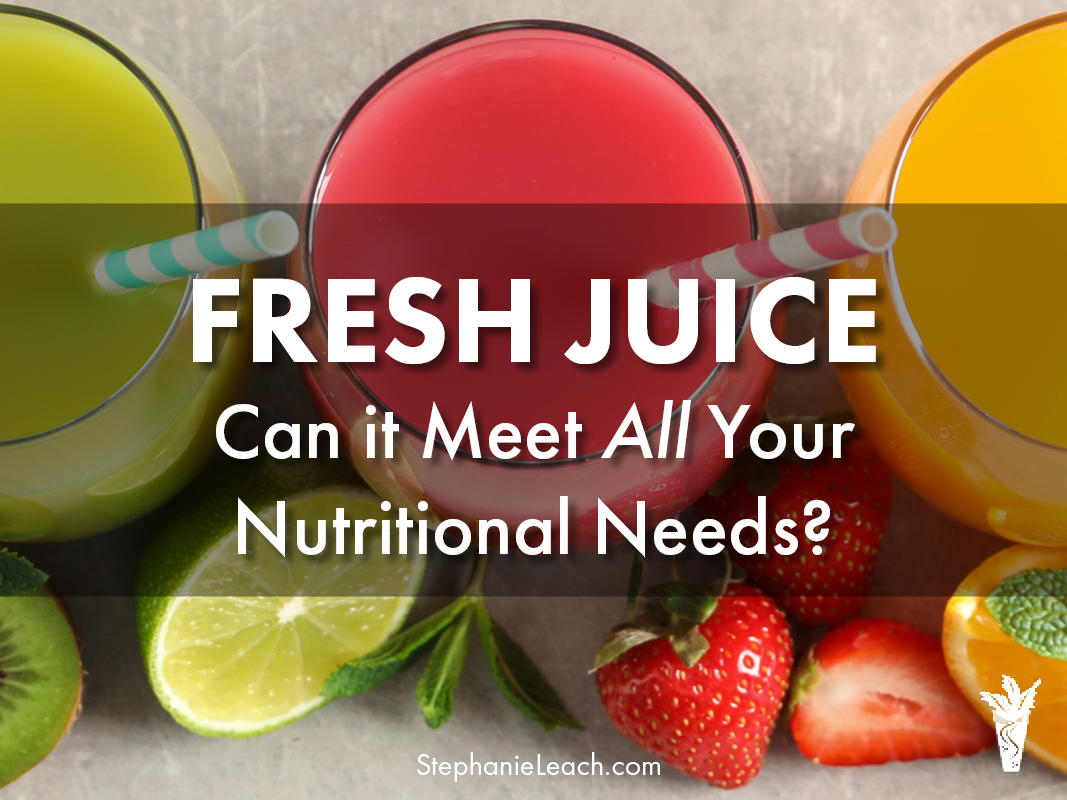
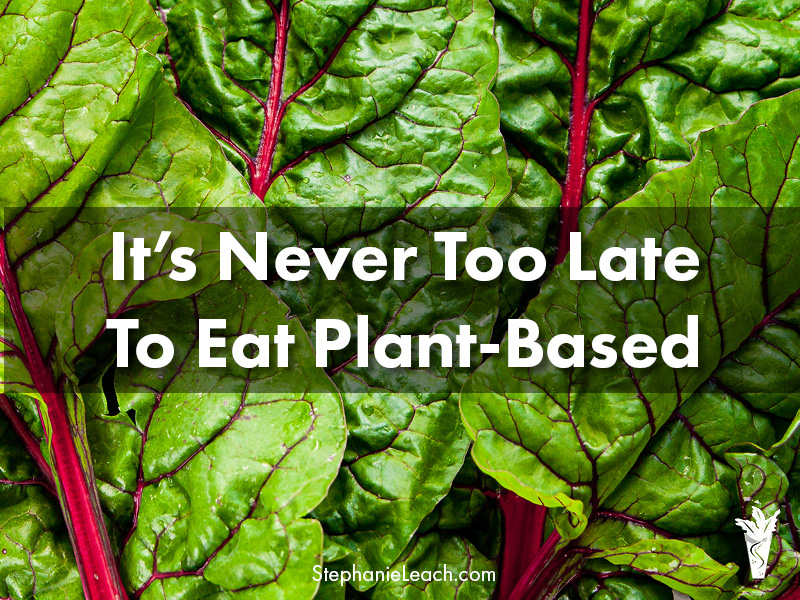
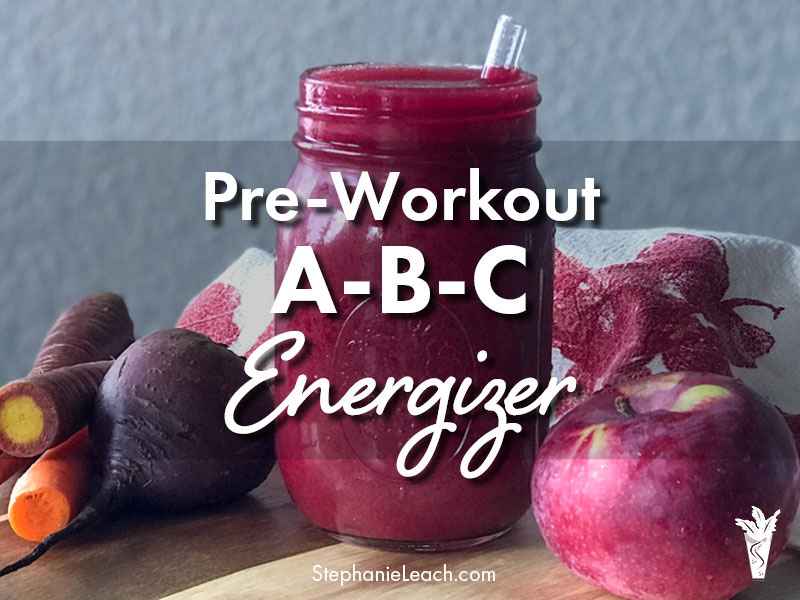

Leave A Comment